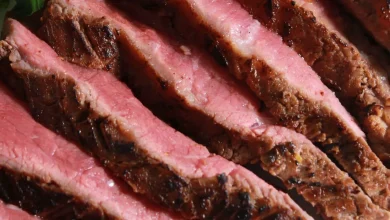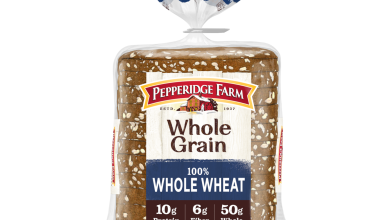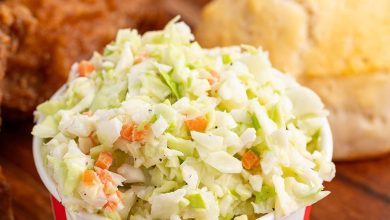Nutritious Raw Cress Garden: Health Benefits, Nutritional Value & Recipe Ideas
Cress Garden (Raw) – Nutritional Information & Health Benefits
Cress, often regarded as a nutritious leafy green, is packed with essential vitamins and minerals, making it an excellent addition to salads, sandwiches, and garnishes. This small but powerful vegetable provides a burst of flavor and an array of health benefits. Below is a detailed breakdown of its nutritional content.
Ingredients & Nutritional Information
| Nutrient | Amount per 100g |
|---|---|
| Energy | 32 kcal |
| Protein | 2.6 g |
| Total Fat | 0.7 g |
| Saturated Fat | 0.02 g |
| Carbohydrates | 5.5 g |
| Fiber | 1.1 g |
| Sugar | 4.4 g |
| Calcium | 81 mg |
| Iron | 1.3 mg |
| Magnesium | 38 mg |
| Phosphorus | 76 mg |
| Potassium | 606 mg |
| Sodium | 14 mg |
| Zinc | 0.23 mg |
| Copper | 0.17 mcg |
| Manganese | 0.55 mg |
| Selenium | 0.9 mcg |
| Vitamin C | 69 mg |
| Thiamine (B1) | 0.08 mg |
| Riboflavin (B2) | 0.26 mg |
| Niacin (B3) | 1.0 mg |
| Vitamin B6 | 0.25 mg |
| Folate | 80 mcg |
| Vitamin B12 | 0.0 mcg |
| Vitamin A | 346 mcg |
| Vitamin E | 0.7 mg |
| Vitamin D2 | 0.0 mcg |
Allergen Information
Cress garden, being a raw leafy green, is naturally free from common allergens such as gluten, dairy, nuts, and soy. However, as with all fresh produce, it is important to wash thoroughly to remove any potential contaminants. Individuals with allergies to other leafy greens or plants from the cruciferous family should consult with a healthcare provider before consuming cress.
Dietary Preferences
Cress is suitable for a wide range of dietary preferences, including:
- Vegetarian and Vegan: Cress is plant-based, making it an excellent addition to vegetarian and vegan diets.
- Gluten-Free: Naturally gluten-free, cress is safe for those with celiac disease or gluten sensitivity.
- Low-Calorie & Low-Fat: With just 32 kcal and 0.7 g of fat per 100g, cress is ideal for those seeking to maintain a low-calorie or low-fat diet.
- High in Fiber: With 1.1 g of fiber per 100g, it supports digestive health and can be beneficial for those on high-fiber diets.
- Diabetic-Friendly: The relatively low sugar content (4.4 g) and high fiber make cress a good choice for individuals managing blood sugar levels.
Health Benefits of Cress Garden
Cress is packed with vital nutrients, including an impressive amount of Vitamin C (69 mg), which supports immune function and promotes healthy skin. The Vitamin A content (346 mcg) aids in maintaining good vision and skin health, while Iron (1.3 mg) and Magnesium (38 mg) are important for energy production and muscle function.
Its high Potassium content (606 mg) contributes to maintaining healthy blood pressure levels, while the Calcium (81 mg) in cress helps support bone health. The Folate (80 mcg) in cress is essential for cell division and tissue growth, making it an important nutrient for pregnant women.
Additionally, cress contains Antioxidants like Vitamin E and Vitamin C, which help protect the body from oxidative stress and promote overall health.
Culinary Uses
Cress is highly versatile and can be used in a variety of dishes. Its slightly peppery flavor adds a fresh and zesty touch to salads, sandwiches, soups, and even smoothies. Cress also pairs well with other leafy greens like spinach and arugula, and can be used as a garnish for fish, meats, or vegetarian dishes.
Conclusion
Cress garden is a nutrient-dense, low-calorie green that offers a wide array of vitamins, minerals, and antioxidants, making it a great addition to a balanced diet. Its health benefits, coupled with its versatility in the kitchen, make it a valuable ingredient for anyone looking to boost their nutrition with fresh, wholesome produce.
By incorporating cress into your meals, you not only enhance the flavor but also add a nutritional powerhouse that supports overall health and well-being. Whether you’re looking for an immune boost, better digestion, or more energy, cress is a simple yet effective solution.








